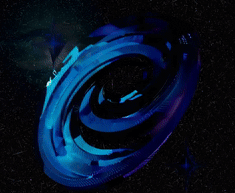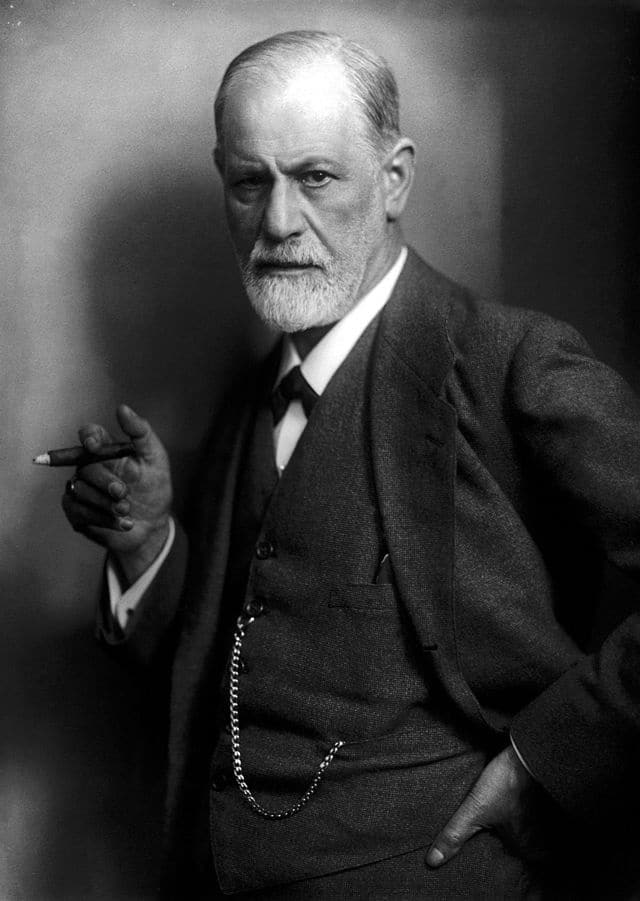The ego is a concept used to describe consciousness, made famous by Sigmund Freud and used consistently in religion to talk about the principles of “reality” and the functioning of the mind. The ego is an illusion, ultimately it does not exist outside of your own head.
There are three primary reasons for the existence of an ego, the first and most important is survival. This includes sex, feeding, and unavoidable needs (excretion, water consumption, regular movement). The secondary purpose of the ego is regulation of social hierarchy, which is more important and prominent in pack mammals such as monkeys or dogs.
The ego can also be examined as the internal dialogue, though aspects of the internal dialogue can certainly transcend the ego. The real key to understanding the ego is considering that the ego cannot exist outside of a subjective mind. This is what makes an ego so necessary for survival, it allows the do-er to differentiate itself from its environment to act upon it. So in many ways, birds must have at least a small ego because an ego provides a sense of worth to a being. A sense of purpose in survival.
Do-ers can also transcend their ego, acting as a part of the whole of their surroundings and not considering their own survival as more necessary than that of others. It is possible to unify with the self, therefore transcending ego and simply being, rather than doing. The difference between being and doing is pacificity, surrender, letting go of the ego’s need to feel gratified by actions or thoughts.
The unification with the environment allows for the do-er to become the receiver, outlet, and observer, rather than the one who is acting. With this realization comes a tremendous amount of freedom in existence, the do-er becomes an illusion, part of Maya, of Samsara. Oneness is understood.
However, ego is still necessary in many situations, it must be renounced as false and an entity that does not truly exist except in the mind. At a certain point, your ego will stop serving your self and this is the situation you should be looking for in renouncing the ego, that you simply do not need it as much any more. This is why transcending the ego takes a serious amount of time in stillness, meditation, and peace. The only way to renounce the ego is through both thought and action and there are many spiritual traditions that teach about various aspects of the paths to the renounced state, where the individual is able to see past the illusion into the oneness of the Brahman and live in a state of togetherness with nature.
Freud liked to talk about the ego and Id together, but I think that we should give ourselves a better identification; ego can be looked at as the internal dialogue or at least a piece of this. In Freud’s terms, some of this is powered by the ID (the instinct drive), but we can do away with this idea for modern neuroscience and talk about the lower level functions of cognition. We humans have very basic cognition that fuels us in social situations and teaches us how to react when in groups, on teams, in the classroom, etc that can be considered Freud’s ID. This is what we are looking to renounce, the part of the mind that “overthinks” social situations in whatever way this manifests itself. Most of the time, it occurs in hubris, or excess pride.
The Ego is something that was once completely necessary for survival, but with the technological and societal advancements in the 21st century, many people are finding that their egos hamper their work. Art is one of these professions that is a constant battle against ego, trying to express self and the soul rather than the be side-tracked by the ego. But with the proper mindfulness, you can let go of that voice inside your head that is always talking shit in your head. (or maybe it is just talking)

